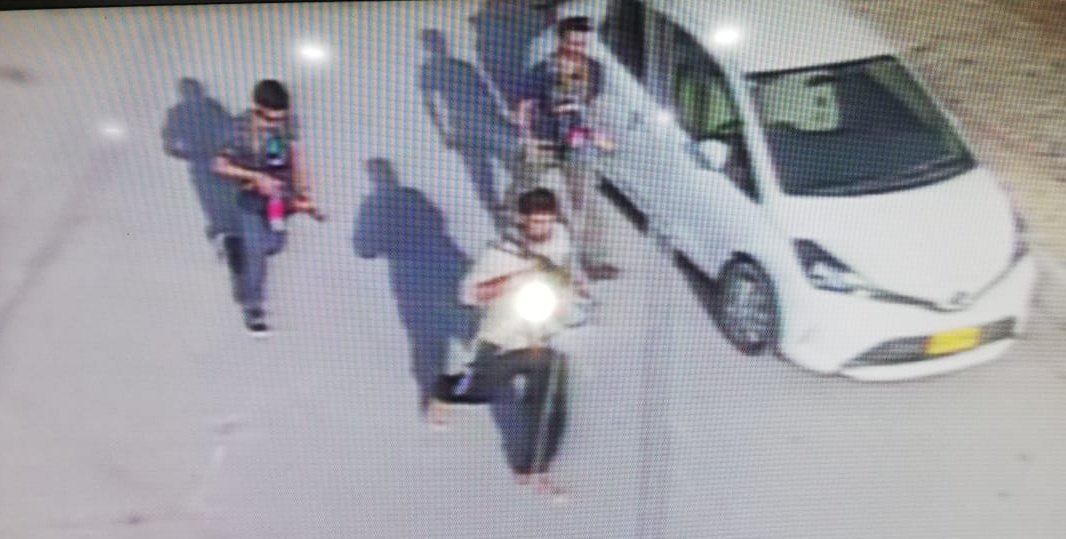Pakistan has failed to prove India's alleged involvement in the deadly attack on the Chinese consulate in Karachi in 2018. Pakistan had blamed India’s external intelligence arm, the Research and Analysis Wing (RAW) for this strike.
Pakistan’s anti-terrorism court (ATC), in fact, has expressed displeasure at the failure of the prosecution to present witnesses against suspected members of the ethnic insurgent group Baloch Liberation Army (BLA) for their alleged involvement in the attack.
The court had in January charged five people for providing weapons, hideouts and cash to the perpetrators. Three heavily armed militants had carried out the attack on the Chinese consulate located in Clifton on November 23, 2018. According to the charge sheet, the attack was carried out by the Balochistan Liberation Army (BLA) in connivance with Indian spy agency Research and Analysis Wing (RAW) to harm relations between Pakistan and China and disrupt the China-Pakistan Economic Corridor (CPEC) project, reported the Pakistani daily The News.
Explosions and heavy gunfire reported in a possibke terrorist attack near China Consulate in Clifton Block /Karachi
More Update:-https://t.co/jVr80NaFPN#Blast #Attack #ChineseConsulate @SindhCMHouse @MoIB_Official @PTIofficial @PTISindhOffice @pid_gov pic.twitter.com/iXdNCfmJ7f— Waqt News (@Waqtnewstv) November 23, 2018
The court ordered the investigation officer (IO) of the case to ensure presence of the complainant in the courtroom on July 7 since he had not appeared in four last hearings despite being issued summons.
The Counter-Terrorism Department (CTD) of Pakistan had arrested five suspects, Ahmed Hasnain, Muhammad Aslam, Nadir Khan, Ali Ahmed and Abdul Latif, for allegedly providing tactical, logistics and artillery support to the attackers. The police also booked BLA chief Hyrbyair Marri and other leaders. All of them have been declared proclaimed offenders in the case.
Besides, the ATC judge issued warrants of arrest for the proclaimed offenders and ordered the police to write a letter to the interior ministry to seek international police organisation Interpol’s assistance to arrest them. Issuing perpetual warrants of arrest for the absconders, the ATC earlier ordered police to approach Interpol for the arrest of Hyrbyair, the purported mastermind of the attack, who is living in exile.
The charge sheet said the terrorists stormed the consulate building and started firing and throwing hand grenades, which killed four people, including security personnel and visa seekers.

The very next day, Pakistan made the sensational claim that the attack on a Chinese consulate was carried out with the assistance of RAW. The Indian government was quick to reject the allegation, calling it a fabricated and scurrilous attempt to levy accusations on India.
“Instead of maliciously pointing fingers at others for such terrorist incidents, Pakistan needs to look inwards and undertake credible action against support to terrorism and terror infrastructure in its territories,” the MEA then said in a strongly-worded statement.
Pakistan has been claiming repeatedly that it has `irrefutable proofs of the Indian sponsorship of terrorism in Pakistan and called on the world to stop India’s rogue actions for saving the region’s peace and security.
Be it Karachi stock exchange attack, which was carried out by the BLA group last year or Quetta attack in last month by the Tehreek e Pakistan (TTP), Pakistani foreign minister Shah Mehmood Qureshi has been rather impulsively blaming India. Last year in November, Qureshi and the generals of the Pakistani army said in a press conference in Islamabad that Islamabad had concrete proof of Indian financial and material sponsorship of multiple terrorist organisations, including UN-designated terrorist organisations Jamaat-ul-Ahrar, BLA and Tehreek-i-Taliban Pakistan (TTP). It had said that this “dossier” was being shared with UN, OIC and influential world capitals. Diplomats, military and intelligence officials of India had been working with the Pakistan-centric terrorist groups based in Afghanistan, Qureshi said.
While the dossier was not released, its overview, key messages and salient features were conveyed to the media, verbally and in two documents.
These documents show that the dossier’s allegations are an attempt to substantiate the charge that India has been promoting state terrorism in Pakistan through that country’s disaffected Pathan, Baloch and Muhajir groups. The dossier has been dismissed by the international community as yet another amateurish effort by Pakistan to train the terror spotlight on India.




















